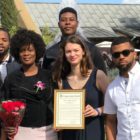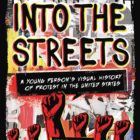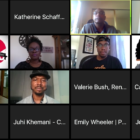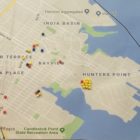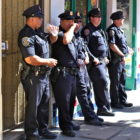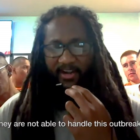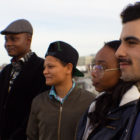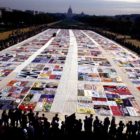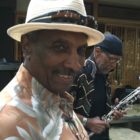Arts & Culture
Kids’ Play Calls Out Racism
When actor and director Khalia Davis was growing up in the 1990s, children’s entertainment rarely addressed racism. When it did — in books about Ruby Bridges or special episodes of television shows like “Family Matters” and “The Fresh Prince of Bel-Air” — it was never explicit.
Now in 2020, after the killing of George Floyd at the hands of police officers in Minneapolis and the resurgence of the Black Lives Matter movement across the country, Davis is producing and directing “A Kids Play About Racism,” which will be streaming, free of charge, on Broadway on Demand this weekend.

